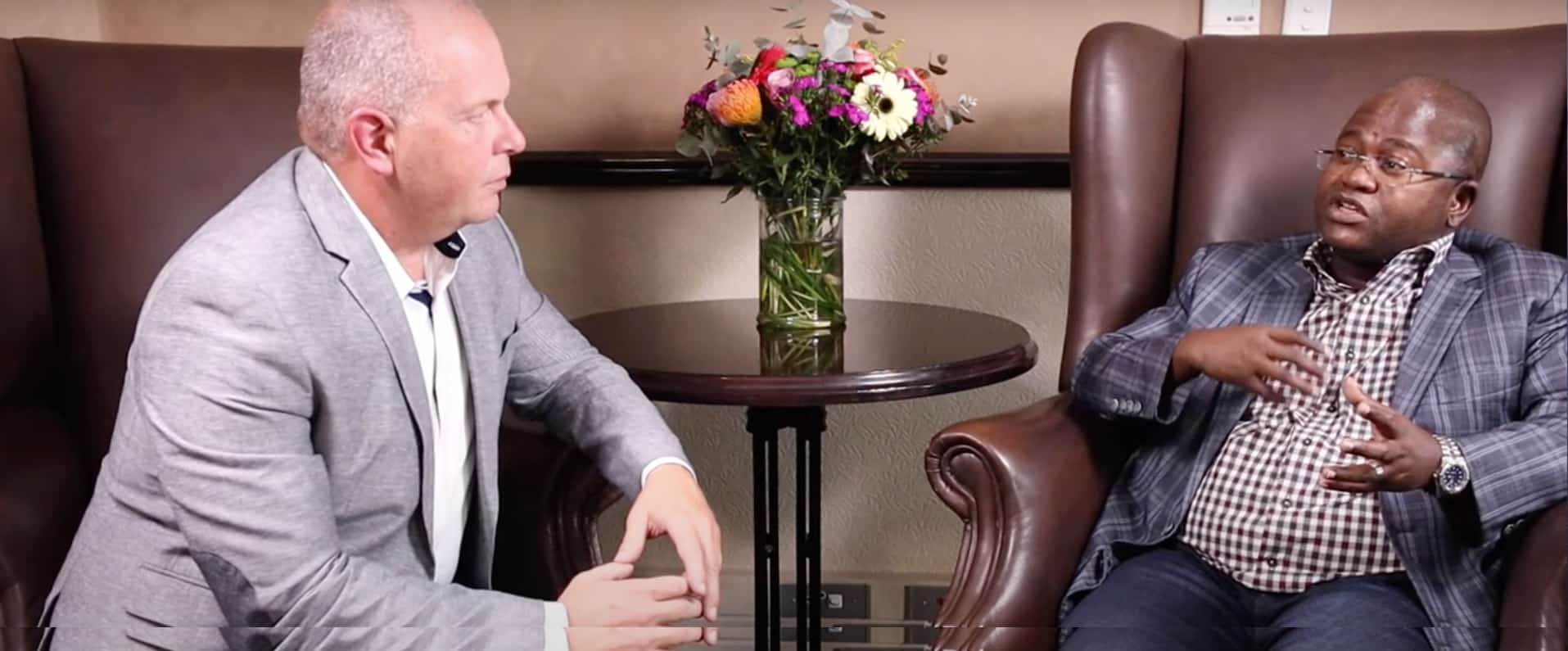In a recent conversation with Sandile Hlophe, Partner and executive leader with EY-Africa, we discussed some ideas around what the future of work could look like over the next few years.
Even though this interview took place before the COVID-19 pandemic, I still believe the topic will be just as relevant as we emerge from the global disruption.
Leadership Interview Summary
JH: I am always interested in discovering other business leaders’ points of view regarding traits and competencies. As a senior business consultant that speaks with executives daily, what are the emerging skills you think are most important for people to pay attention to as we think about the future of work?
SH: There are two main points that every leader should be considering in today’s environment as it relates to future leadership skillsets…
-
Rethinking the future of work via the fourth industrial revolution and digitalization:
-
-
- How do you engage with your team
- How do you engage with your clients
- Do you have the ability to connect with both based upon your personality traits, education, training, and experiences in understanding this new dynamic and the impact it will have?
-
Rethinking the future of work via the demographics of your labor force:
-
-
- A younger workforce (generation) will be looking for different working environments such as remote workability, flex hours, consistent challenges, etc.
- This will become “the future of work.” The timeframe for implementation is now and not in the future.
- Does your organization have the structural flexibility to change? How is the leadership poised to become even more agile and face challenges with the posture of success?
JH: Do you believe that the current curriculum in business schools are preparing future leaders for these issues?
SH: We are starting to see a trend in “cutting edge” executive business schools to utilize the executive development courses to gain a sense of what the business environment is like. In turn, they use that information from its executive students and turn that into the curriculum for the school. This constant “sensing loop” works to maintain relevance for the future of work concepts.
Key Leadership Takeaways:
- When thinking about “the future of work,” do not become disillusioned with the fact that you have time to prepare. The time is NOW. The next generation of leaders is needed right now to set the conditions of success.
- Pay attention to how your workforce is being educated and ensure the curriculum is relevant in what will happen in the future and not so much in the present.
Leader Action Plan:
- Spend time assessing your team and ensure you have not filled your “inner-circle” with members that have limited diversity from you. Who are the members of your organization that can help you “see around the corner” and ensure you are paying attention to talent management that will give you a competitive edge in the future?
- How much time are you thinking strategically and not operationally? Be deliberate in giving yourself thinking space.
What are your thoughts on the future of work? Post your comments below and let us begin building a tribe of people who have a passion for followership, mentorship, and leading!
